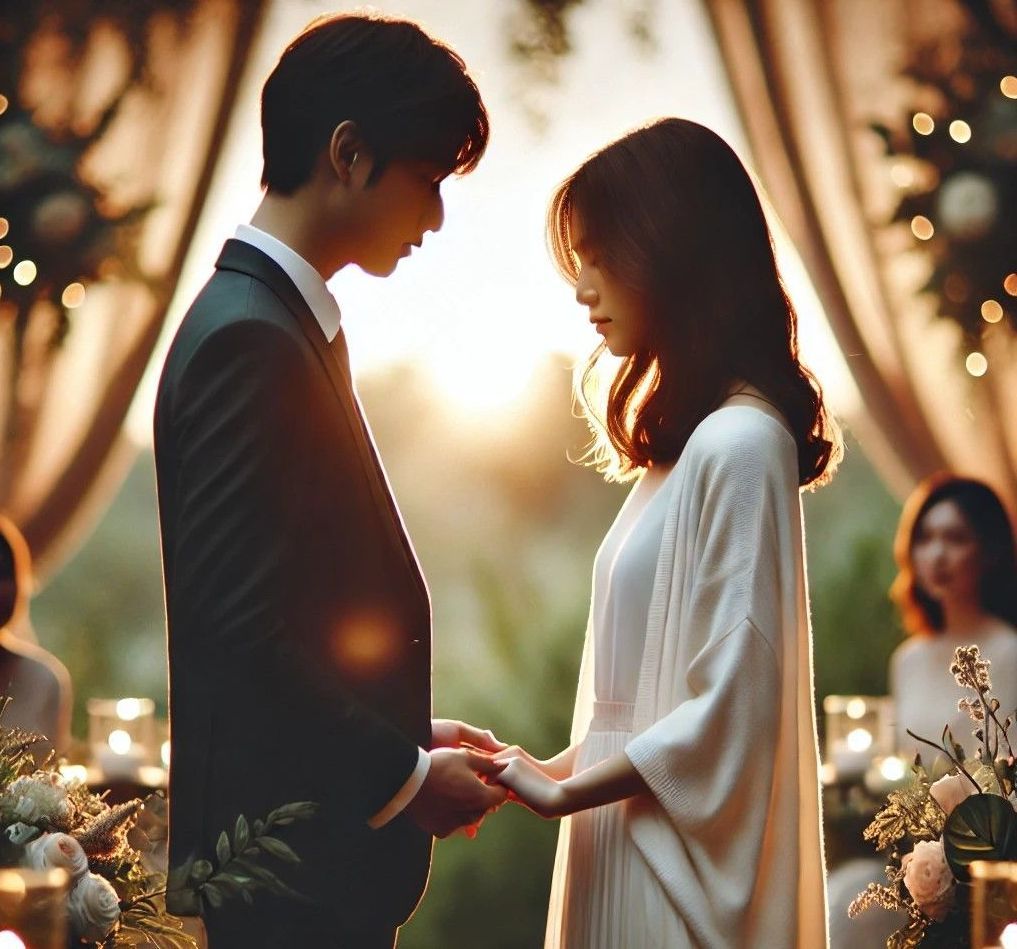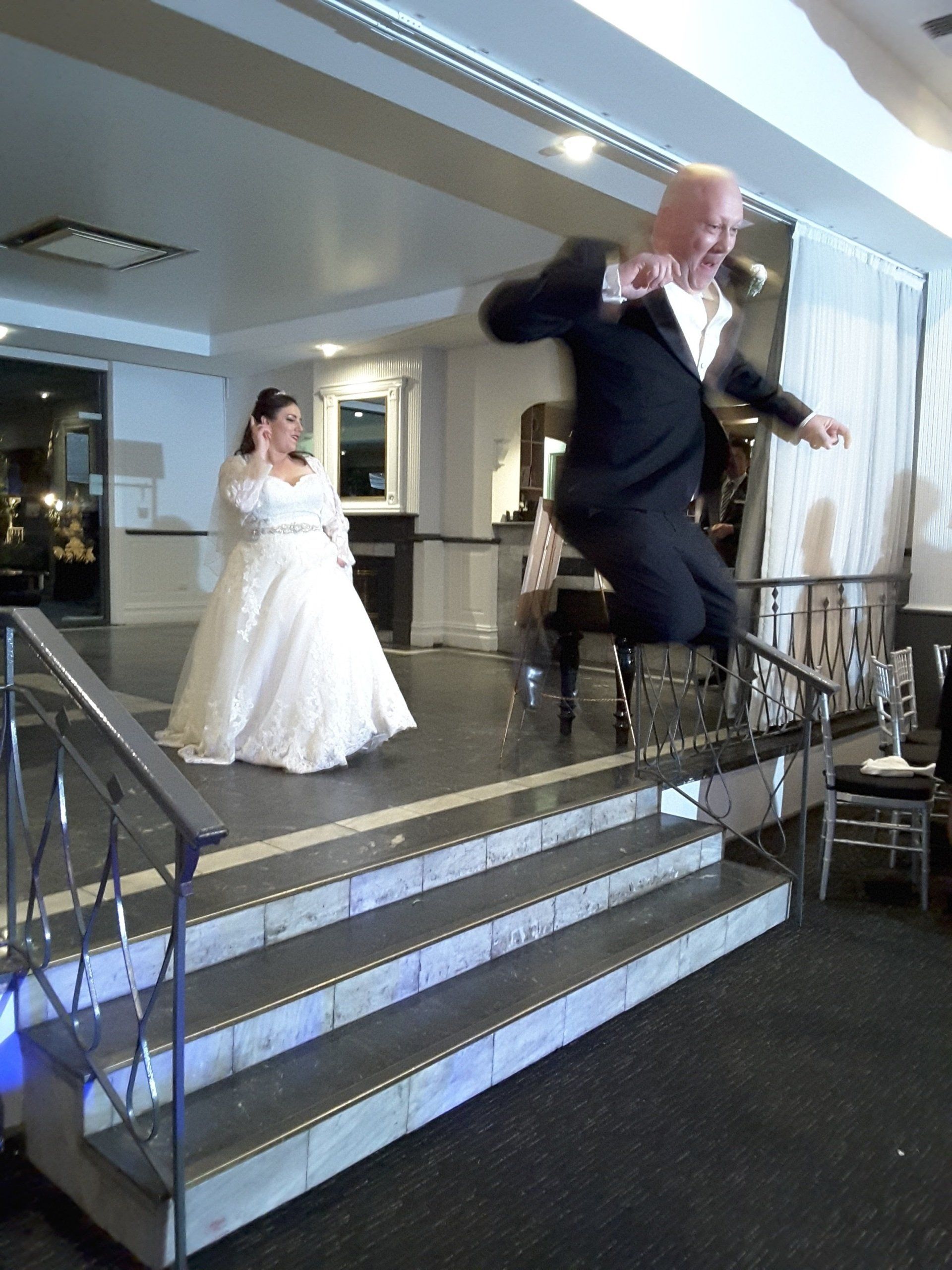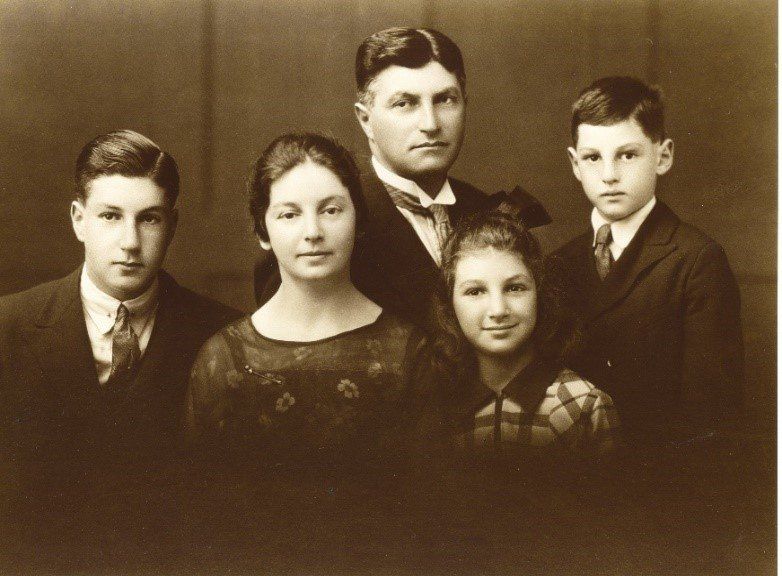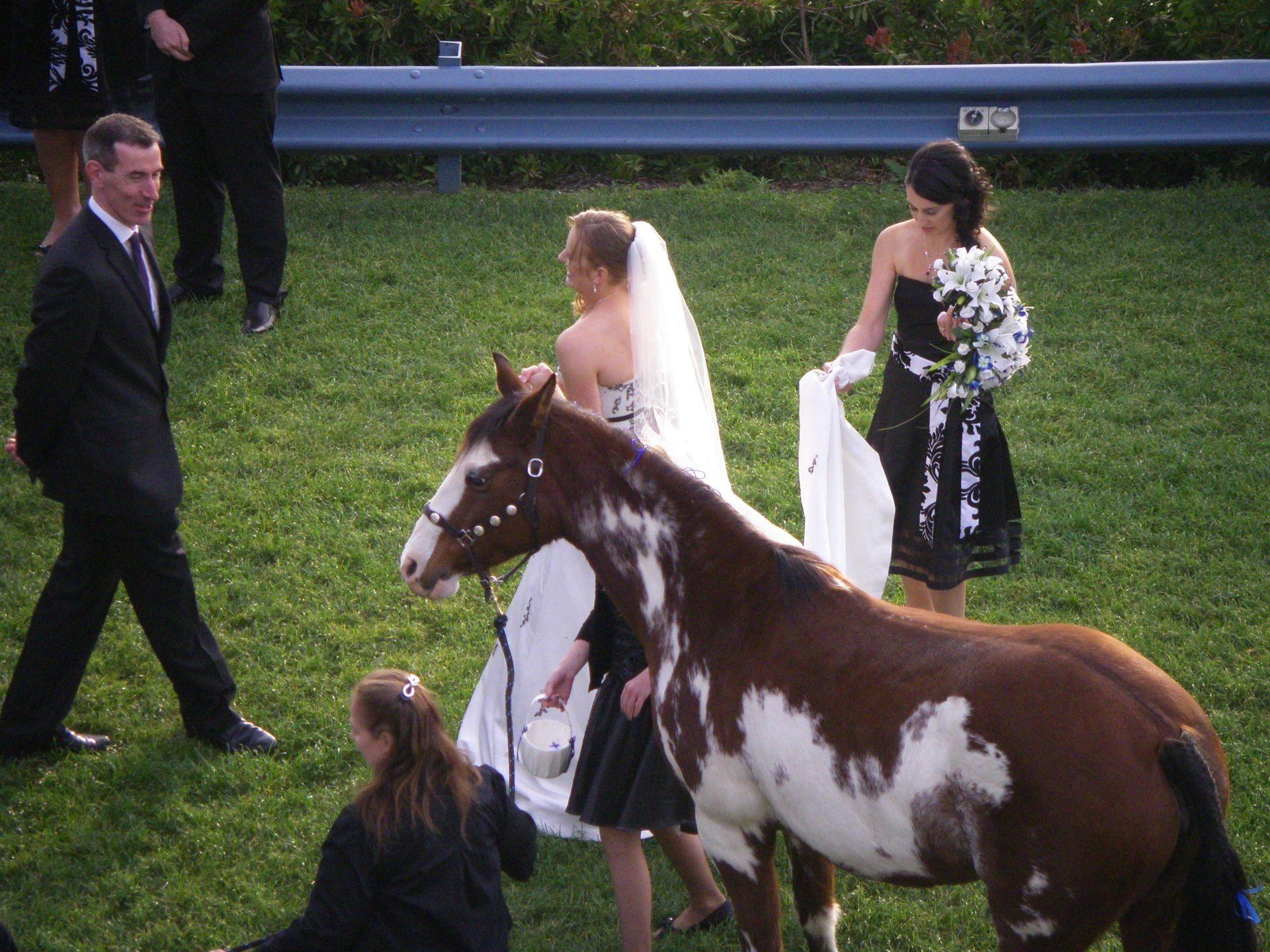How to Personalise Your Wedding Ceremony
My Tips For Your Happy Day

Your wedding day will be one of the most special moments of your life, and your ceremony should reflect the unique bond you two share. While the setting, the dress, and the reception all contribute to the celebration, your ceremony itself is the heart of the day. Your personalised ceremony will not only add depth to the occasion but will also create a meaningful experience for the two of you and your loved ones.
As a celebrant with years of experience creating heartfelt ceremonies, I’ve seen how personal touches can transform a wedding into something unforgettable. Here are a few tips for personalising your wedding ceremony, ensuring it’s a true reflection of your relationship.
1. Tell Your Love Story
One of the easiest and most meaningful ways to personalise your ceremony is by sharing your journey as a couple. I can weave your story into the ceremony, highlighting the moments that brought you together. Whether it’s your first date, the proposal, or the little moments that mean the most to you, your love story will serve as a beautiful backdrop to the vows you will exchange.
2. Incorporate Meaningful Traditions or Rituals
You may have traditions or rituals you hold dear, whether from your culture, religion, or personal beliefs. We can integrate these rituals into the ceremony to honour your heritage or create new traditions together. Some popular options include:
- Handfasting: A symbolic act where your hands are bound together, representing the joining of lives.
- Unity Candle or Sand Ceremony: A way to blend two lives into one, symbolising unity and the beauty of coming together.
- Reading of Vows: Personal vows allow you to express your love in your own words, making the moment even more meaningful.
If you have a special ritual in mind or want to create one, I can help you incorporate it seamlessly into the ceremony.
3. Involve Your Loved Ones
Your wedding is not just about you and your partner - it’s also about the community of family and friends who support your relationship. Involve them in the ceremony to create a shared experience. You can ask loved ones to read poems, light candles, or even share a personal blessing. For example, a parent or close friend could be asked to give a blessing or offer a reading that speaks to the bond you share.
This not only adds a personal touch but also helps your guests feel more connected to the ceremony and your relationship.
4. Custom Vows
Your vows are a reflection of the promises you are making to each other. Writing your own vows allows you to express your love in your own words, ensuring the moment is deeply personal. Whether heartfelt, humorous, or romantic, your vows will create a memorable moment that resonates throughout the ceremony. Sharing these promises in front of family and friends adds an emotional depth to the occasion. I can assist you if you require me to do so.
5. Choose a Meaningful Location
The venue sets the tone for your ceremony, but it can also be a reflection of your personality as a couple. Whether it’s a stunning beach, a cosy garden or a family home, choosing a location that holds personal significance can make your ceremony even more special. Discuss your vision with me so that I may suggest places that align with your love story and desired atmosphere.
6. Add Personal Touches to the Ceremony Script
The script of your ceremony should reflect your personality as a couple. As a celebrant, I will work with you to ensure the words spoken during the ceremony feel authentic to you. Whether it’s including light-hearted anecdotes or a moment of reflection, I tailor each script to fit your tone, style, and vision.




